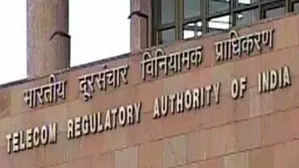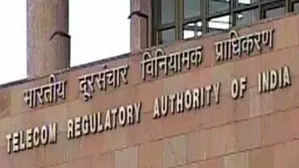
The disputed regulation requires broadcasters to provide free channels on DD Free Dish to private distribution platform operators (DPOs).
The broadcasters’ body, in its petition challenging the Telecom Regulatory Authority of India’s (Trai) July 8 tariff regulation, argued that DD Free Dish cannot be equated with other DPOs as it does not charge subscriptions from consumers whereas private DPOs collect subscription charges from their subscribers.
The HC had directed Trai not to take coercive action against the broadcasters for non-publication of reference interconnect offer (RIO) based on the amended regulation.
Subsequently, All India Digital Cable Federation (AIDCF) and direct-to-home (DTH) operators Tata Play, Dish TV, Airtel Digital TV, Sun Direct and Prasar Bharati had filed impleadment applications before the HC to join the case.
In the petition filed on August 14, IBDF also stated that Trai’s onerous conditions will lead to a drop in the reach of channels as broadcasters will either have to pull out their channels from DD Free Dish or make them FTA to other DPOs and be outside the pay channel bouquets.DPOs have long complained to the regulator that the broadcasters are discriminating against them by charging them for the same channels that are available on FTA basis on DD Free Dish. Over 15 pay channels across multiple genres are present on DD Free Dish.Trai and DPOs have argued that the tariff regulation has been applied to TV broadcasters and not to DD Free Dish. The DPOs have in the past contended that DD Free Dish operates as a commercial platform, with the only notable difference being that it does not charge any subscription fee.





































